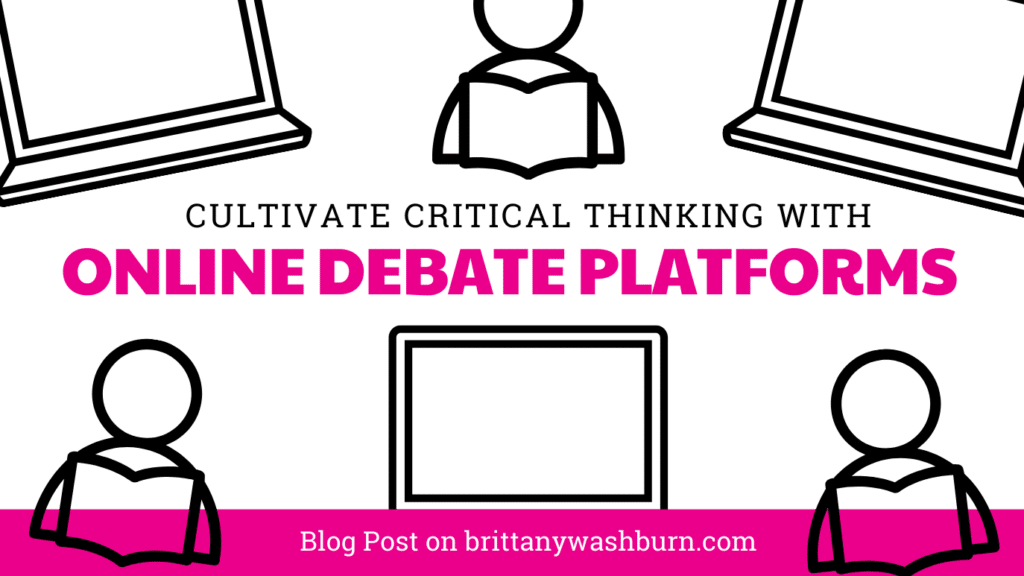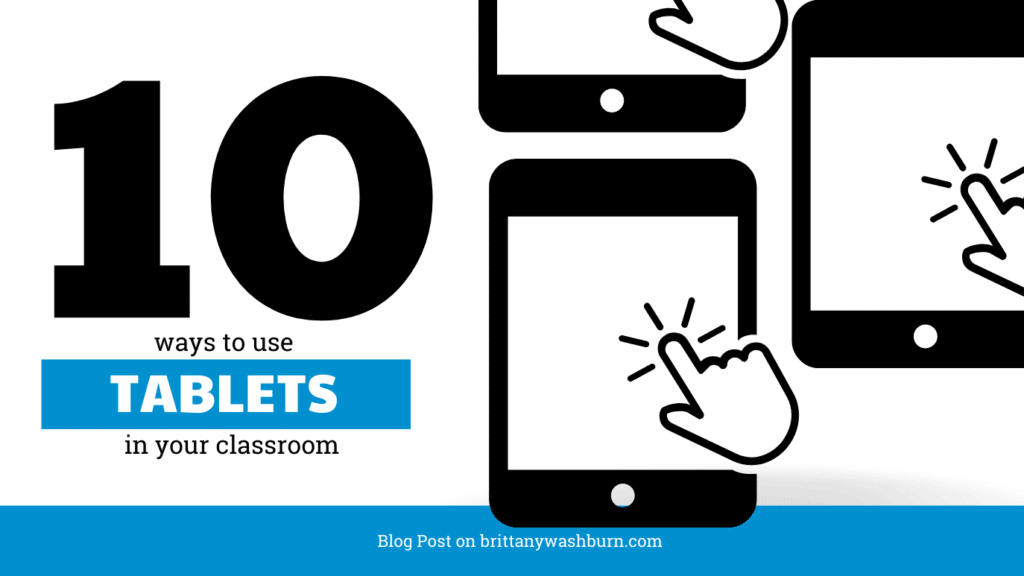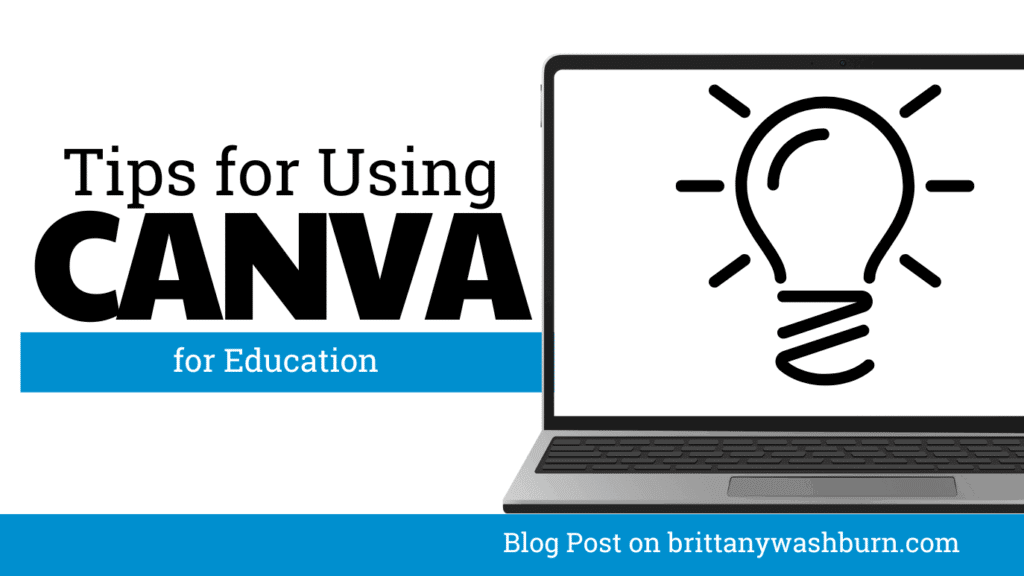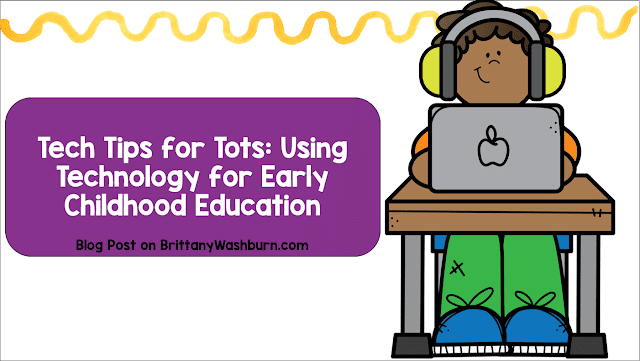Cultivate Critical Thinking with Online Debate Platforms

Critical thinking is a vital skill for students to develop in today’s complex and ever-changing world. As educators, it’s our responsibility to provide opportunities for students to hone their critical thinking abilities and learn how to think critically about the world around them. One effective way to cultivate critical thinking skills in the classroom is through online debate platforms. By engaging in online debates, students can practice their reasoning and argumentation skills, learn how to consider different perspectives, and develop their communication and collaboration abilities. In this article, we will explore the benefits of using online debate platforms in the classroom and provide strategies for facilitating successful online debates that enhance critical thinking.
Frequently Asked Questions (FAQ)
What is critical thinking, and why is it important?
Critical thinking refers to the ability to analyze, evaluate, and interpret information, ideas, and arguments, and to make sound judgments based on logical reasoning and evidence. Critical thinking is essential in today’s world, as it enables individuals to identify and solve complex problems, evaluate information and sources, and make informed decisions in their personal and professional lives.
How can online debates enhance critical thinking skills?
Online debates provide a platform for students to practice their argumentation, reasoning, and critical thinking skills. By engaging in debates, students learn how to analyze and evaluate different perspectives, consider evidence and counterarguments, and develop effective communication and collaboration skills. Online debates can also promote active participation, engagement, and motivation among students, leading to enhanced learning outcomes.
What are some challenges teachers may face when implementing online debate platforms in the classroom?
Some challenges teachers may face when implementing online debate platforms include technical issues and connectivity problems, managing sensitive or controversial topics, and dealing with disruptive or non-participating students. Additionally, teachers may need to provide training and support for students who are not familiar with the online platform or need guidance on how to participate effectively.
How can teachers assess student learning outcomes in critical thinking and online debates?
Teachers can use various assessment tools and methods to evaluate student learning outcomes in critical thinking and online debates. These may include rubrics, self-assessments, peer evaluations, and reflective writing assignments. By using these tools, teachers can measure student progress, identify areas for improvement, and provide further feedback and support to students as they develop their critical thinking abilities.
The Importance of Critical Thinking in Education
Critical thinking is an essential component in the development of a well-rounded and successful individual. Critical thinking skills enable students to evaluate information, analyze arguments and make sound decisions. In today’s complex and rapidly changing world, it is essential that we equip students with the ability to think critically.
Why Critical Thinking is Crucial for Student Success
Critical thinking is critical to success in all aspects of life. It is a highly valuable skill that helps individuals make informed decisions, solve problems, and comprehend complex ideas. By cultivating critical thinking skills, students can subsequently approach problems from a variety of perspectives, identify strengths and weaknesses in arguments, and develop creative solutions to real-world problems.
The Role of Teachers in Cultivating Critical Thinking Skills
Teachers play a critical role in fostering critical thinking skills. By creating a learning environment that encourages open-mindedness, integrity and intellectual curiosity, students are provided opportunities for developing their critical thinking abilities. Teachers can do this by providing opportunities for inquiry, problem-solving, and self-reflection.

Introducing Online Debate Platforms in the Classroom
Online debate platforms have become increasingly popular in recent years. They offer a unique opportunity for students to engage in debate with peers from around the world, regardless of their location.
Overview of Online Debate Platforms
Online debate platforms provide a space for students to exchange ideas, opinions, and arguments. Students can participate in debates on a range of topics, gaining valuable experience in research, argumentation, and critical thinking.
How Online Debates Enhance Critical Thinking
Through online debates, students learn how to identify and respond to diverse perspectives. They are challenged to evaluate evidence, assess arguments and construct their own arguments. In doing so, they develop critical thinking skills that are essential for success in both academic and professional settings.
Strategies for Facilitating Online Debates in the Classroom
Facilitating online debates in the classroom requires careful planning and management. By setting clear expectations and guidelines, encouraging constructive dialogue and respectful debate, and providing opportunities for reflection and feedback, teachers can create a productive and inclusive online debate environment.
Setting Clear Expectations and Guidelines
Teachers should establish clear expectations and guidelines for participation in online debates. This includes providing guidelines for respectful and constructive dialogue, outlining expectations for research and argumentation, and then setting clear deadlines for submission of responses.
Encouraging Constructive Dialogue and Respectful Debate
To promote a positive discourse environment, teachers should encourage students to engage in constructive dialogue and respectful debates. This includes providing students with strategies for active listening, encouraging students to consider the perspectives of others, and fostering an environment of mutual respect.
Providing Opportunities for Reflection and Feedback
To enhance the learning experience, teachers should explicitly provide opportunities for reflection and feedback. This includes peer review of online debate responses, self-reflection exercises, and feedback on the quality of responses and arguments. Try Using Podcasts to Generate Deep Discussions in the Classroom as a way to facilitate extra debate practice.
Benefits of Using Online Debate Platforms in the Classroom
Online debate platforms offer a range of benefits to students, including increased engagement and participation, improved communication and collaboration skills, and enhanced critical thinking and reasoning abilities.
Increased Student Engagement and Participation
Online debates provide a space for students to engage in discussions and debates beyond the classroom. This increased level of engagement and participation can furthermore lead to higher levels of student motivation and interest in learning.
Improved Communication and Collaboration Skills
Through participation in online debates, students have the opportunity to collaborate with peers and develop communication skills that are essential for success in both academic and professional settings.
Enhanced Critical Thinking and Reasoning Abilities
Online debates provide students with opportunities to develop and apply critical thinking skills. By analyzing arguments, evaluating evidence and constructing their own arguments, students enhance their critical thinking and reasoning abilities.
Overcoming Challenges in Online Debates and Critical Thinking Development
Online debates can be a great way to cultivate critical thinking skills in the classroom, although there are challenges that need to be addressed. One of the biggest challenges is technical issues and connectivity problems. Students may face issues with internet connectivity or may not have the required tech support to join online debates. As a teacher, it is important to ensure that all students have access to the technology and support they need to participate fully in online debates.
Another challenge is managing controversial topics and sensitive issues. Debating on serious issues can elicit strong emotions and reactions from students. Hence, teachers must prepare themselves and their students for such discussions. Ensure that the students are provided with a safe and respectful environment to express their views.
Lastly, disruptive and non-participating students can be a distraction in online debates. Teachers need to establish and enforce clear rules for participation. They should provide support and guidance to students who are struggling to engage as well.
Assessing Student Learning Outcomes in Critical Thinking and Online Debates
Incorporating online debates into the classroom is not enough. It is essential to monitor student progress and determine if the debates are improving critical thinking skills. Teachers can measure student progress by evaluating their ability to analyze and evaluate arguments, use evidence to support their claims, and present well-reasoned arguments.
Evaluation can be done using rubrics and assessment tools. Rubrics provide a clear and detailed outline of the criteria for successful debate participation. Teachers can use this to evaluate individual student performance. They can also be a guide to coach them to improve their debating skills.
Integrating Online Debate Platforms into the Curriculum
Online debates can be incorporated across different subjects and disciplines. The ability to form rational arguments and evaluate evidence is essential for academic success, regardless of the subject. Teachers can align online debates with their learning objectives and outcomes by using them as a tool to reinforce key concepts, promote critical thinking, and develop communication skills.
Best Practices for Successful Implementation of Online Debate Platforms in the Classroom
To ensure the successful implementation of online debate platforms in the classroom, teachers must provide sufficient training, support, and guidance to their students. A clear understanding of the rules, expectations, and process of online debating is essential. Teachers also need to evaluate and adapt their online debate strategies over time to ensure that they are effective.
Lastly, ongoing communication and feedback are essential to ensure that debaters are improving their critical thinking skills. Teachers should provide feedback to students on their performance, encourage peer feedback and self-reflection, and maintain communication with parents to ensure that they are aware of their child’s participation in online debates. With consistent application, teachers can use online debate platforms to help students develop critical thinking skills and become more informed and engaged citizens. Incorporating online debate platforms in the classroom can be a powerful tool for cultivating critical thinking skills and enhancing student learning outcomes. By implementing the strategies and best practices outlined in this article, teachers can effectively guide their students in developing into critical thinkers, strong communicators, and well-rounded individuals equipped to tackle the challenges of the future.

Using Screen Recording to Create Quick Tutorials or Instructions for Students
Screen recording has emerged as a powerful tool, offering educators a dynamic way to create…
Top 8 Apps and Programs for Streamlining Classroom Management and Assessment
The integration of technology has become the underpinning which supports teachers as they manage their…
Step-by-Step Guide to Customizing Editable PowerPoint and Google Slides Files for Teachers
Creating engaging presentations is an important skill for educators. Whether you’re teaching a lesson, presenting…
How to Access and Use Free Teaching Resources on Google Workspace
Google Workspace offers a wide array of free teaching resources to enhance the learning experience…
10 Ways to Use Tablets in the Elementary Classroom
Tablets are versatile tools that hold great potential for supporting learning in the elementary classroom…
Creating Visuals and Simple Graphics with Canva for Education
Visual communication plays a crucial role in education, both engaging students and enhancing learning experiences….












